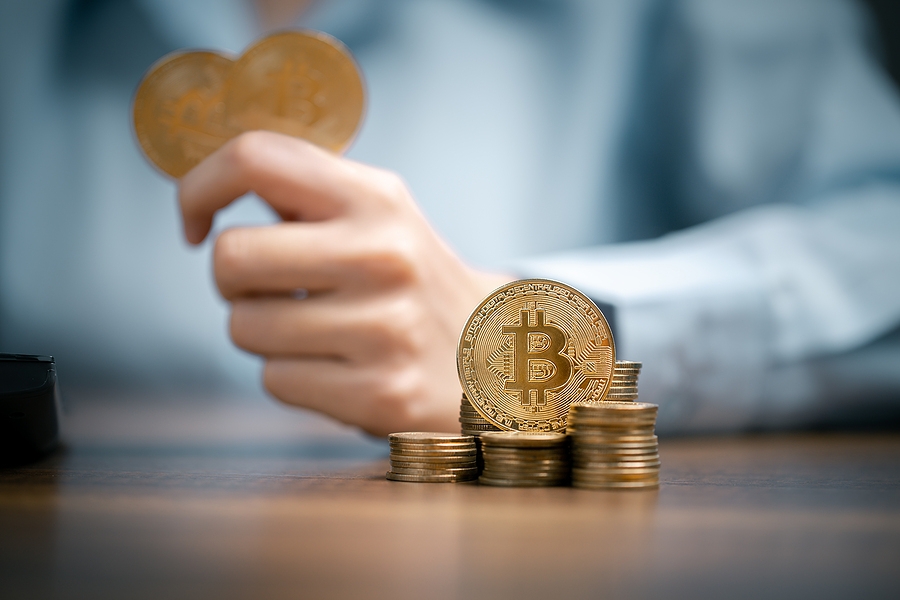Top German Bank Granted Crypto Custody License by Regulators
22.12.2024 18:00 1 min. read Alexander Zdravkov
DekaBank has entered the spotlight by obtaining a coveted crypto custody license from Germany’s BaFin and the European Central Bank.
This move, under the Banking Act, makes it one of the few traditional banks, alongside Commerzbank, to officially step into the digital asset space, setting itself apart from crypto-native firms.
The bank has been steadily building its crypto credentials. Earlier this year, it received approval to operate as a crypto securities registrar, enabling direct issuance of blockchain-based securities without intermediaries.
DekaBank is also a founding member of the blockchain platform SWIAT, which has seen notable use cases, such as Siemens issuing a €300 million digital bond.
Germany’s regulatory framework, though slow-moving, has proven to be a stabilizing force in the European crypto landscape.
The recent passage of the Supervision of Crypto Markets Act (KMAG) aligns national policies with the EU’s MiCA standards, paving the way for institutional growth in the sector.
-
1
Tether’s Hypothetical IPO Could Value It Above Coca-Cola, CEO Suggests
10.06.2025 11:00 1 min. read -
2
UK Regulators Unveil PISCES – A New Era for Private Share Trading
11.06.2025 15:00 2 min. read -
3
Trump Turns 79 With Billions in Crypto and a $45M Parade
14.06.2025 22:00 2 min. read -
4
Polygon Breaks from Decentralization as Sandeep Nailwal Assumes Full Control
11.06.2025 20:00 2 min. read -
5
KuCoin Plants Its Flag in Bangkok With a Licensed Thai Exchange
14.06.2025 13:00 1 min. read
At Least Five Law Firms Target Former Strategy Over Misleading BTC Risk Disclosures
Bitcoin-focused investment firm Strategy Inc. (formerly MicroStrategy) is facing mounting legal pressure as at least five law firms have filed class-action lawsuits over the company’s $6 billion in unrealized Bitcoin losses.
SoFi Returns to Crypto with Trading, Staking, and Blockchain Transfers
Digital banking platform SoFi Technologies is making a strong return to the cryptocurrency space, relaunching its crypto trading and blockchain services after stepping away from the sector in late 2023.
Chinese Tech Firms Turn to Crypto for Treasury Diversification
Digital assets are gaining ground in corporate finance strategies, as more publicly traded companies embrace cryptocurrencies for treasury diversification.
Ripple Faces Legal Setback as Court Rejects Bid to Ease Penalties
Ripple has been dealt another legal blow after a federal judge rejected its attempt to ease court-imposed restrictions and penalties stemming from its long-standing battle with the U.S. Securities and Exchange Commission (SEC).
-
1
Tether’s Hypothetical IPO Could Value It Above Coca-Cola, CEO Suggests
10.06.2025 11:00 1 min. read -
2
UK Regulators Unveil PISCES – A New Era for Private Share Trading
11.06.2025 15:00 2 min. read -
3
Trump Turns 79 With Billions in Crypto and a $45M Parade
14.06.2025 22:00 2 min. read -
4
Polygon Breaks from Decentralization as Sandeep Nailwal Assumes Full Control
11.06.2025 20:00 2 min. read -
5
KuCoin Plants Its Flag in Bangkok With a Licensed Thai Exchange
14.06.2025 13:00 1 min. read


